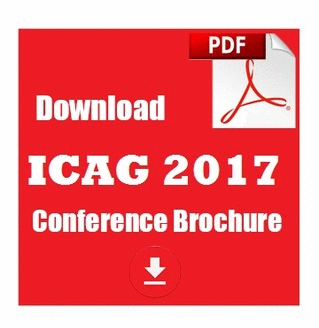
Bertha C. Salazar
Universidad Autónoma de Nuevo León, Mexico
Title: Active aging by age, sex and years of education in a sample of Mexican older adults
Biography
Biography: Bertha C. Salazar
Abstract
Statement of the Problem: Population aging is considered a successful of humanity by international organizations. But at the same time it is likely that older adults suffer from one more chronic diseases imposing challenges to older adults, families and society. Efforts are needed to maintain older adult’s health and active as much as possible. The purpose of this paper is to describe active aging according to sex, age and years of school in a sample of Mexican older adults from Matamoros, Mexico. The data are part of a bigger study.
Methodology & Theoretical Orientation: A descriptive design was used with 200 older adults. A non-probabilistic sampling was used. Participants were recruited through referrals of principal investigator's university colleagues. It was assured that participants with more than 14 years of education were also recruited to seek for differences by years of school. Active aging was measured by basic and instrumental activities of daily living, Yesavage depression short scale, Pffeifer mental state questionnaire and one question perceived health. Cutoff points were established for each measurement and sum to dichotomize into active aging or not. Additional questions were time spent in physical activities, and as volunteer work.
Findings: Most of participants (190; 95%) presented a chronic disease. One hundred two participants qualified in active aging (physical independent, free of depressive symptoms, good mental state and perceived their health as good or excellent. Only 21% (42) said they walked 120 minutes or more weekly, 14% (80) used a treadmill or stationary bike and 53% (106) were involved in volunteer work. Conclusion & Significance: Those with less age, women and more years of education showed higher proportions of active aging. Recommendations are made to different health professional to develop programs involving older adults in different activities to promote active aging.
|
Measurements |
Items |
Values |
Active Aging |
|
|
Katz Index of Independence in Activities of Daily Living |
6 |
0-6 |
6 points |
|
|
Lawton-Brody Instrumental Activities of Daily Living (IADL) Scale |
8 |
0-8 |
Female 8 points |
Male 5 points |
|
Short Portable Mental Status Questionnaire Pfeiffer |
10 |
0-10 |
≥ 9 points (1error) |
|
|
Perception of Health |
1 |
1-4 |
≥ 3 points |
|

